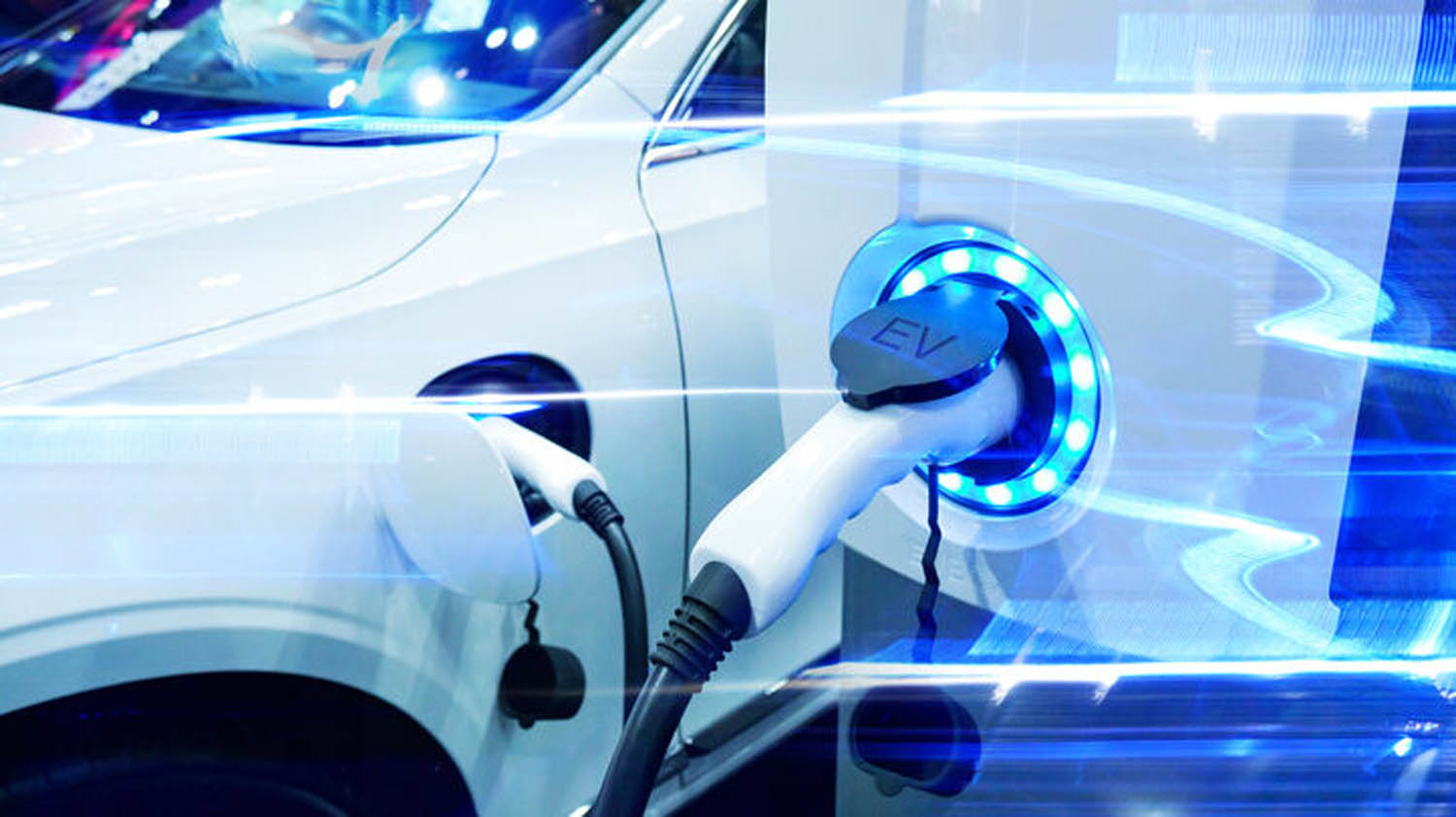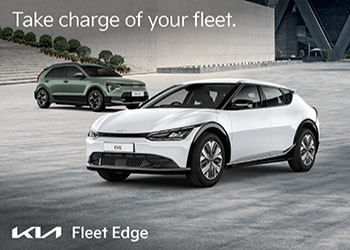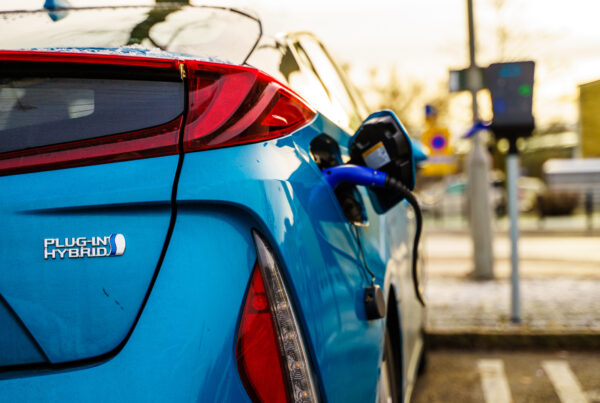Once you’ve purchased your electric vehicle, the next step is figuring out how you’re going to charge it.
In a typical fleet situation, you’re likely to provide your drivers with some charging options on site, but again the question remains – what facilities will be made available? And for more remote operations, how can you ensure that drivers can charge their vehicles while away from the office?
Currently, there are a few options or “levels” of charging available to electric vehicle drivers. Click on the options below to see which option is best for your unique needs:
Existing powerpoint (10-15 Amp, single phase), used in combination with a specialised cable which is typically supplied with the vehicle.
- Charge Capability: 10 and 20km of range per hour plugged in. It will top up daily use, but will not fully recharge a typical pure electric vehicle overnight.
- Cost: The charging outlet will cost less than $100 for a standard electrical power point and likely will come with the vehicle already.
- Benefits: In layman’s terms this is the standard powerpoint that you’d plug any household item in with, and almost all electric vehicles will come with one of these as standard. Often the cheapest way to charge, and usually requires no additional cabling.
- Limitations: Charges are super slow compared with other methods, and frequent usage can result in loose connections with power points.
A dedicated AC EV charger at up to 7kW (32 Amp, single phase).
- Charging Capability: 40km of range per hour plugged in. It will top up average daily vehicle use in an hour, or deliver a full recharge overnight.
- Cost: You’re likely to pay around $1,750 for the charging circuit wiring, and the charging outlet cost might set you back around $500 for a basic dedicated EV charging unit.
- Benefits: This is the most common solution for at home buyers and small businesses. The major benefit of this install type is the reduced charging time and is also a happy median between performance and price.
- Limitations: Costs more to install than charging from a powerpoint. Install process may be somewhat cumbersome or limiting depending on the power supplies available at your premises.
A dedicated DC EV charger at power levels from 25kW to 350kW (40 – 500 Amp, three phase)
- Charging Capability: 150km of range per hour plugged in.
- Cost: As with Level 2, you’ll pay around $1,750 for the charging circuit wiring, but the charging outlet cost will set you back another $2,500 for a more advanced dedicated EV charging unit.
- Benefits: One of the fastest ways to charge – up to 10x faster than a powerpoint. It also reduces wear and tear on electrical components.
- Limitations: Costs more to install than charging from a powerpoint and more than a Level 2. Install process may be somewhat cumbersome or limiting depending on the power capacity available at your premises.
Use public charging stations
- Charging Capability: Varies between 25 kW to 135 kW and can recharge an EV battery in around 30 minutes.
- Cost: Often “free” but availability is limited.
- Benefits: Publicly accessible ‘fast charger’ or ‘supercharger’ outlets provide power to the battery at a faster rate. As overall interest in EVs grows, no doubt the amount of public infrastructure will increase over time too. We’ve seen already from the work of places such as Chargefox create a 22 station strong ultra-rapid charging network to allow travel between Adelaide, Melbourne, Sydney and Brisbane, with additional stations in WA and TAS.
- Limitations: Available power outlets can sometimes be hard to find when you need the power. Also charging at a portable location can be restrictive if you’d rather be in a personal location like a home or workplace. What would your employees do while charging their vehicles at a public charging point? Could they be better utilised in the office?
Figures are estimates and subject to change, as provided from the Electric Vehicle Council and PowerCor. Fleets and private buyers are encouraged to conduct further research before their next EV purchase.




















